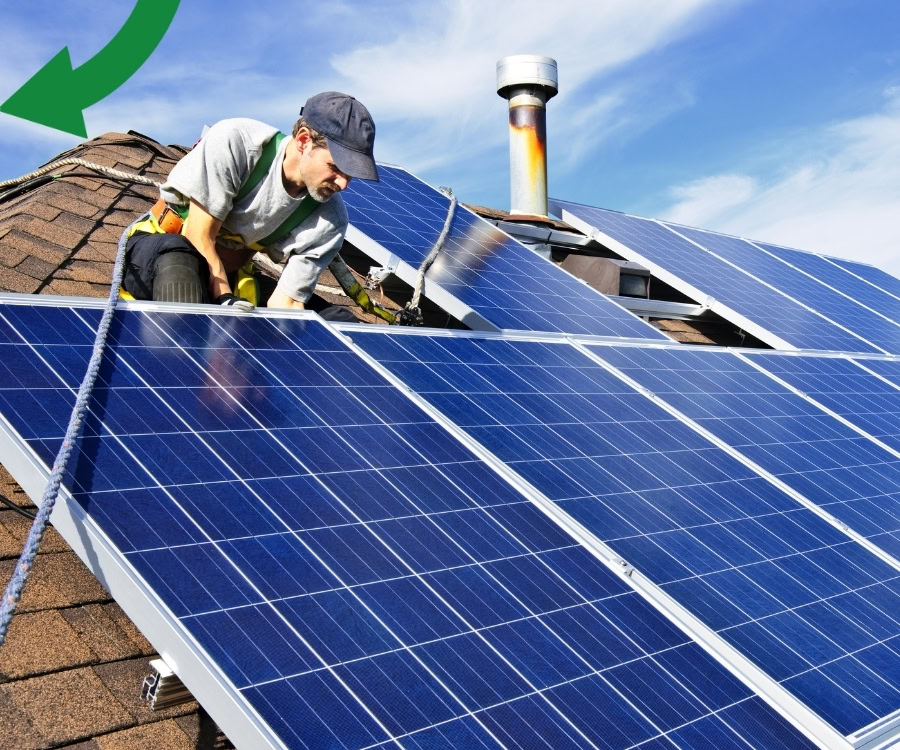
By John Taylor, Head of Capacity Building and Strategic Development, Community Energy England
As someone who has spent years working in local authority, climate action and Community Energy, I can tell you this: cutting carbon is never just about hitting net zero targets. The benefits of local climate actions and projects are multiple and go far beyond emissions – as well as playing our part in a shared global purpose, they also touch on nearly every aspect of local life. And while many of these efforts are led by councils, they offer lessons and opportunities for businesses too.
Take clean transport, for example. Electric buses and bin lorries don’t just reduce carbon – they cut air pollution and noise, improving public health and reducing healthcare costs. Better air means healthier workers and fewer sick days (and quieter mornings with the bedroom window open)!
Climate adaptation matters too. Flood defences and smarter water management protect homes, businesses and farmland. These measures reduce insurance risks and business disruptions – key concerns for any SME.
Improving energy efficiency is another area where public and private interests align. Local authorities helping vulnerable residents install insulation and clean heating technologies, are not only tackling fuel poverty – they’re also supporting local installers and suppliers. For small businesses in the building or energy sectors, that’s a growing market.


LED lighting upgrades and solar panels on schools and car parks do more than power public services. They may cost a bit upfront, but they then rapidly lower running costs, saving money that can be reinvested in communities and front line services. They also showcase what’s possible for commercial buildings and retail spaces, and open up new innovation and services to manage local energy grids in a smarter way.
Urban greening and planting more trees in parks and streets, creates more inviting business districts, improves property values, helps keep cities cool during extreme heat and connects habitats for wildlife (and humans) to enjoy.
Inclusive financing models like solar bulk-buy schemes, grants and 0% loans help bring low-carbon technology to more people, while creating jobs and economic growth – something all businesses can get behind. Financing upgrades through council climate bonds and community energy enterprises creates a sense of connection between citizens and customers to the new projects they see being installed around them, and keeps energy spend flowing through local economies.
Every climate impact happens locally. That’s why local authorities, in partnership with businesses, must lead the way. Whether it’s reducing energy costs, boosting health, or protecting infrastructure, climate action is not a cost – it’s an investment in a stronger, fairer local economy.

